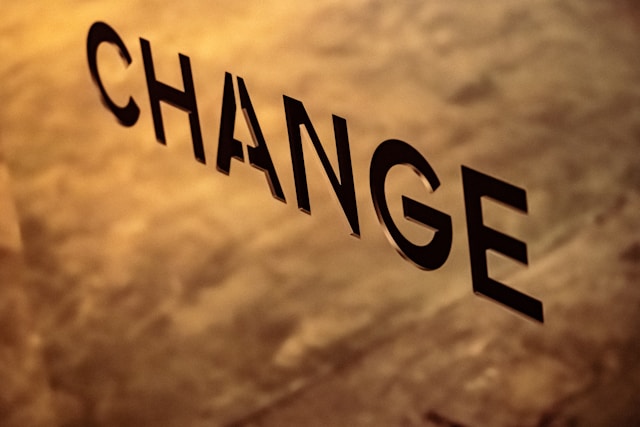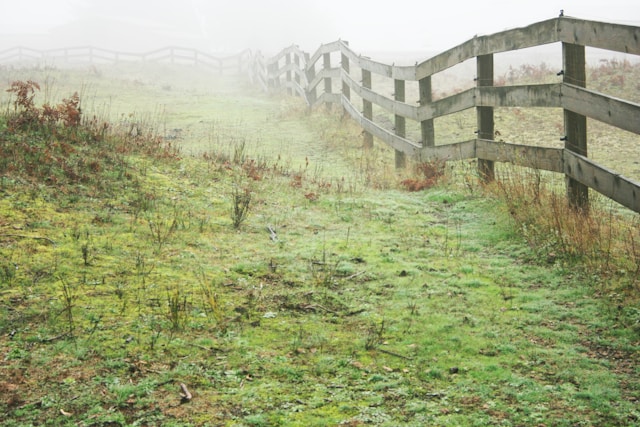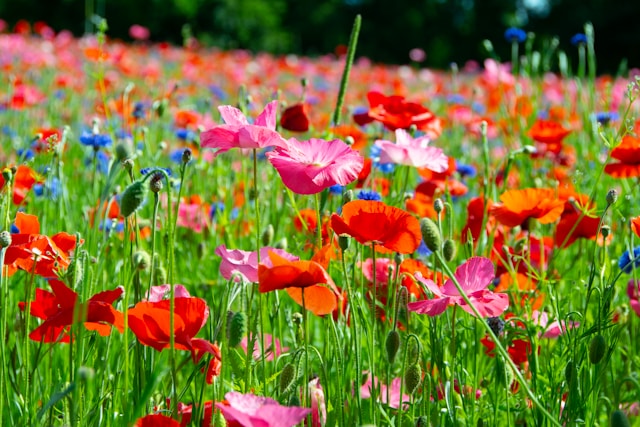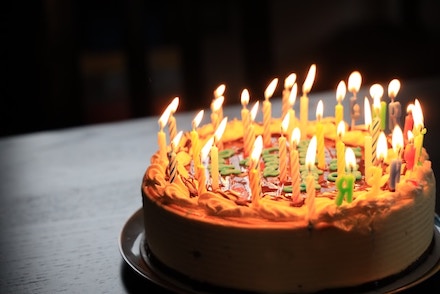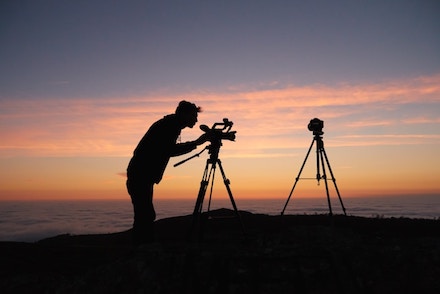“Change is the end result of all true learning.”
—Leo Buscaglia, 20th Century American author, motivational speaker, professor
Today’s quote does an efficient job of encapsulating the transformative power of knowledge.
It reminds us that genuine learning goes beyond mere information acquisition — it fundamentally alters our perspectives and behaviors.
When we truly internalize new ideas, we can’t help but evolve. Whether it’s shifting our worldview, adopting new habits, or refining our skills, authentic learning inevitably leads to personal growth.
EXERCISE:
In what ways do you view change as a positive indicator or learning?
To what degree do you remain open and receptive to new ideas and change given our rapidly evolving world?

